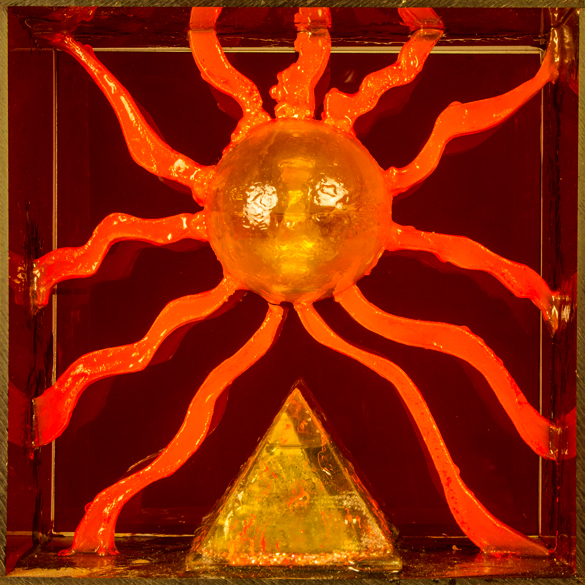|
Tired of his Spanish land, an old soldier of the king sought
solace in the vast geographies of Ariosto, in that valley of the
moon where the time wasted by dreams is contained and in the
golden idol of Mohammed stolen by Montalbán.
In gentle mockery of himself, he imagined a credulous man who,
perturbed by his reading of marvels, decided to seek prowess and
enchantment in prosaic places called El Toboso or Montiel.
Vanquished by reality, by Spain, Don Quixote died in his native
village in the year 1614. He was survived but a short time by
Miguel de Cervantes.
For both of them, for the dreamer and the dreamed one, the whole
scheme of the work consisted in the opposition of two worlds: the
unreal world of the books of chivalry, the ordinary everyday
world of the seventeenth century.
They did not suspect that the years would finally smooth away
that discord, they did not suspect that La Mancha and Montiel and
the knight's lean figure would be, for posterity, no less poetic
than the episodes of Sinbad or the vast geographies of Ariosto.
For in the beginning of literature is the myth, and in the end as well.
-JORGES BORGES
Translated by James E. Irby
Labyrinths (1960)
| 


